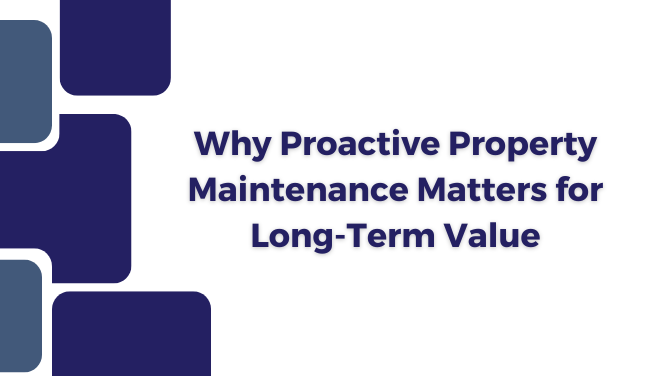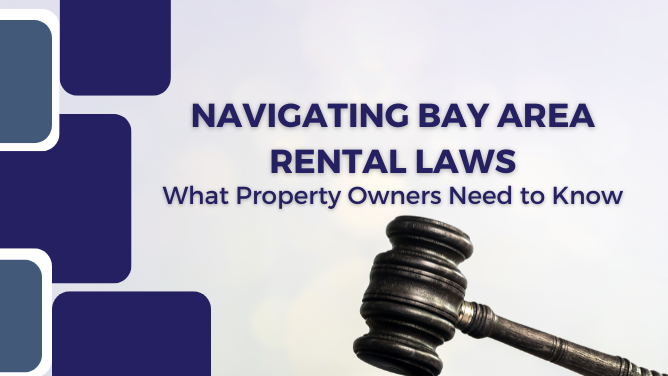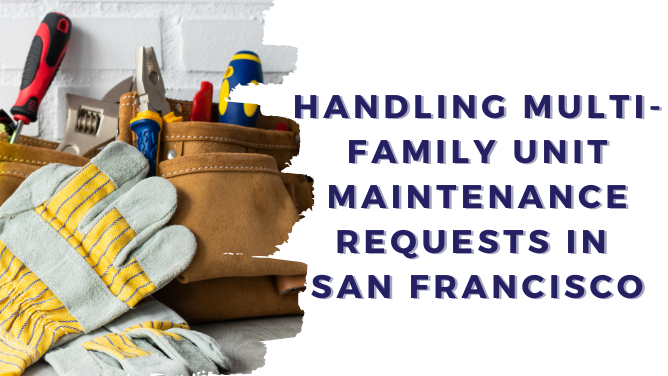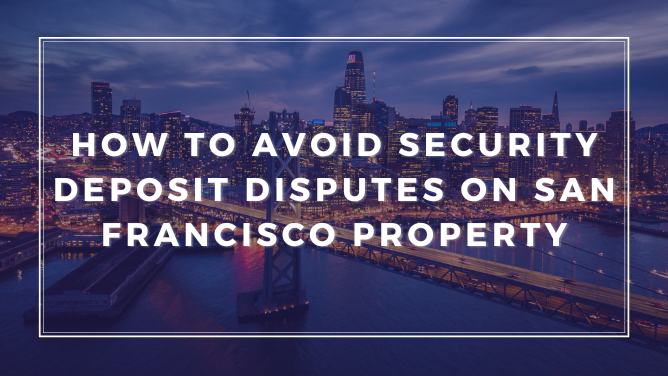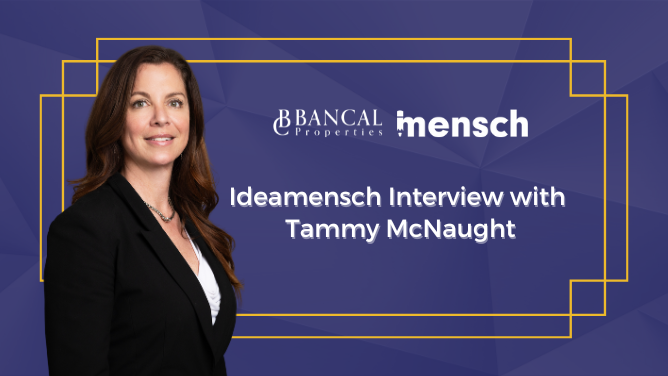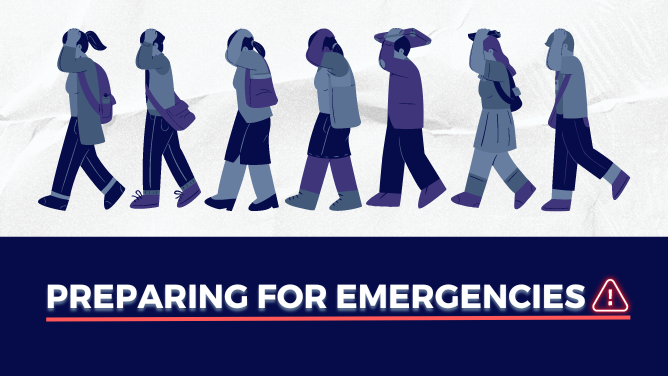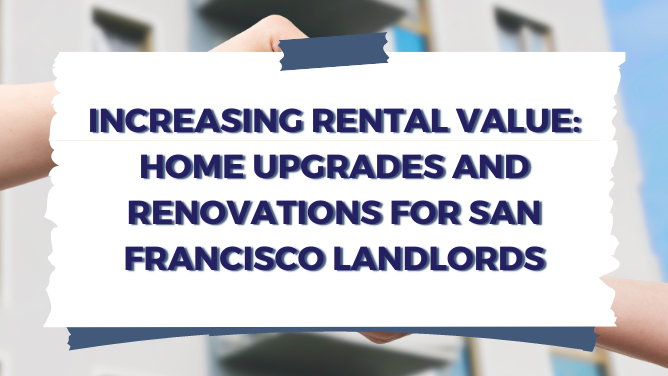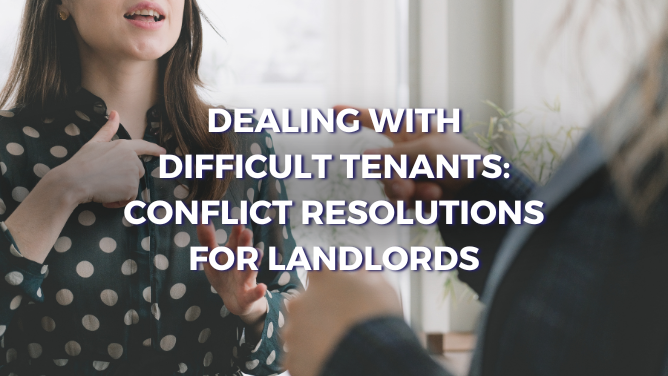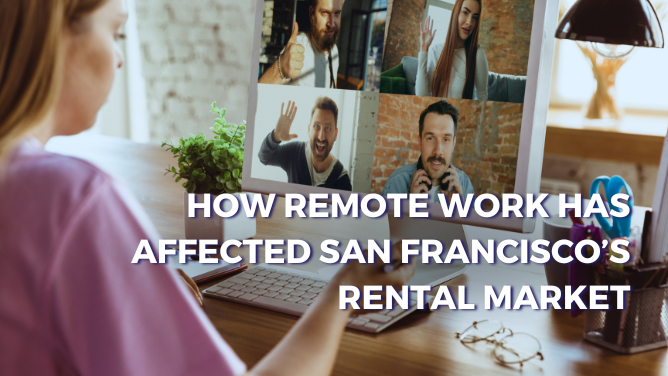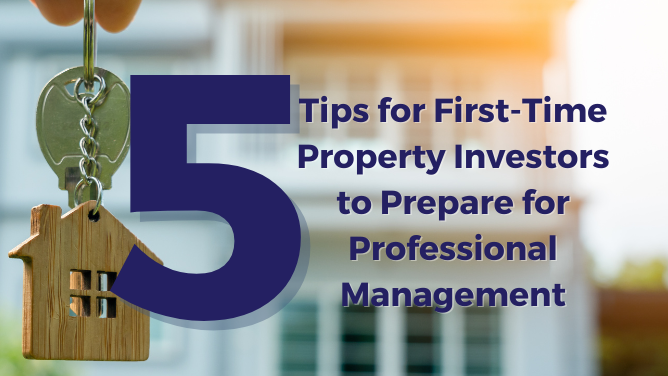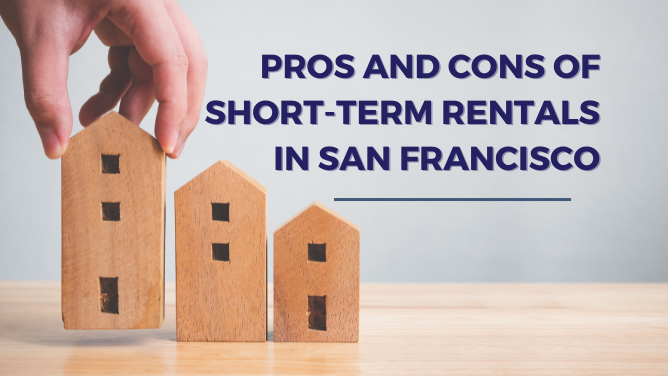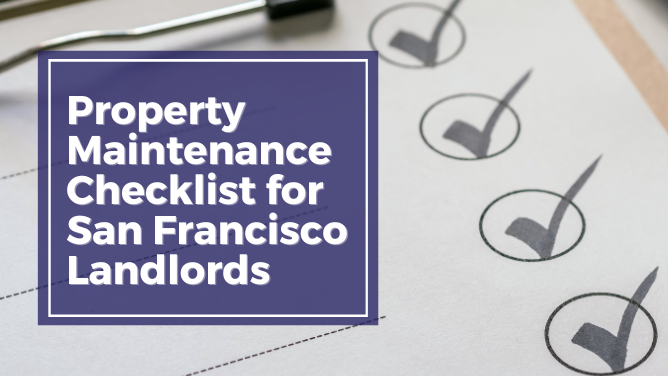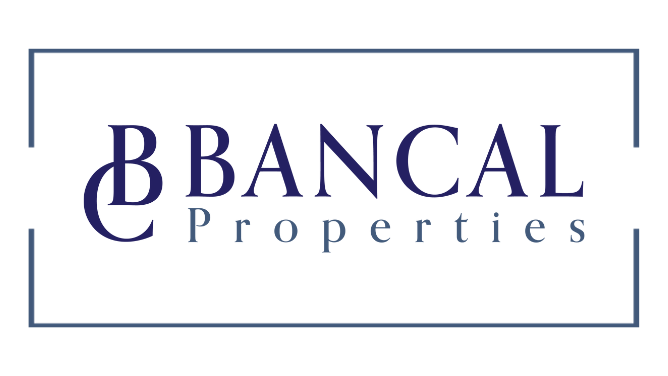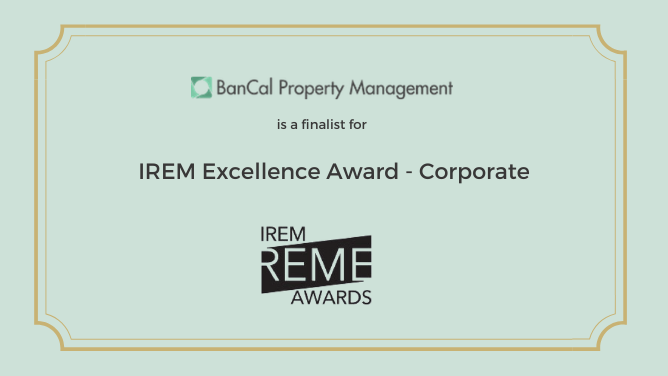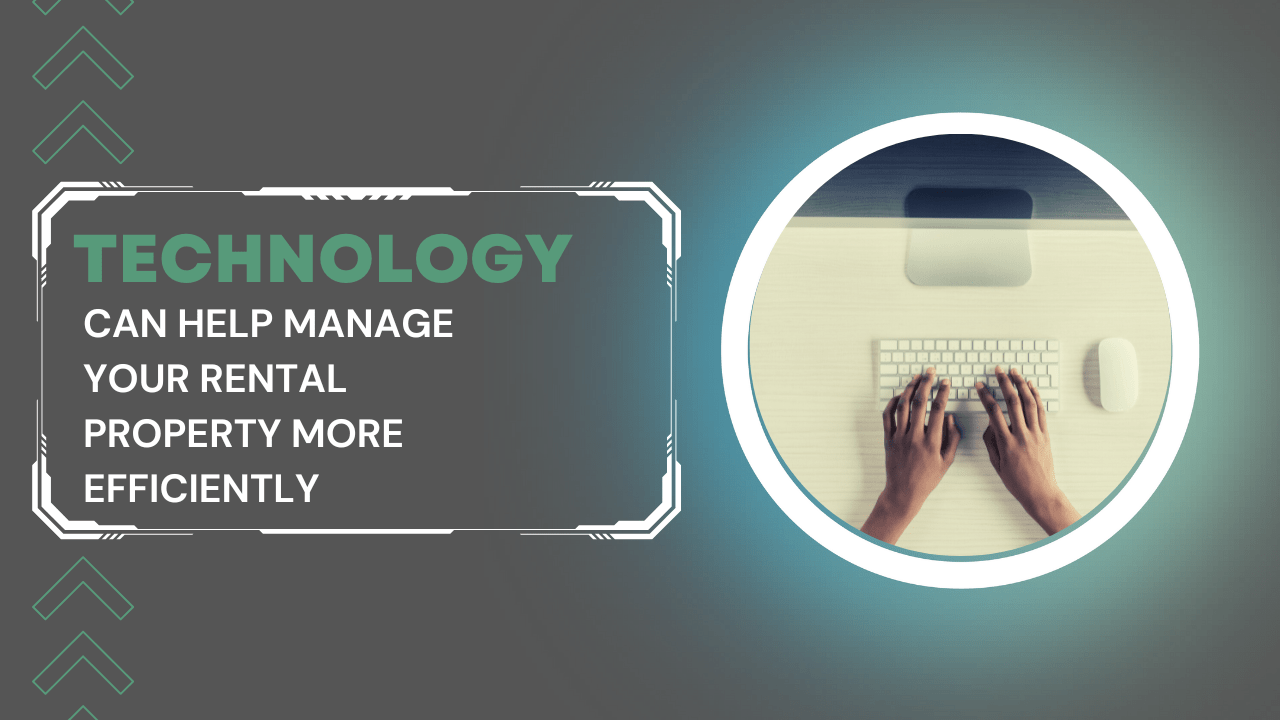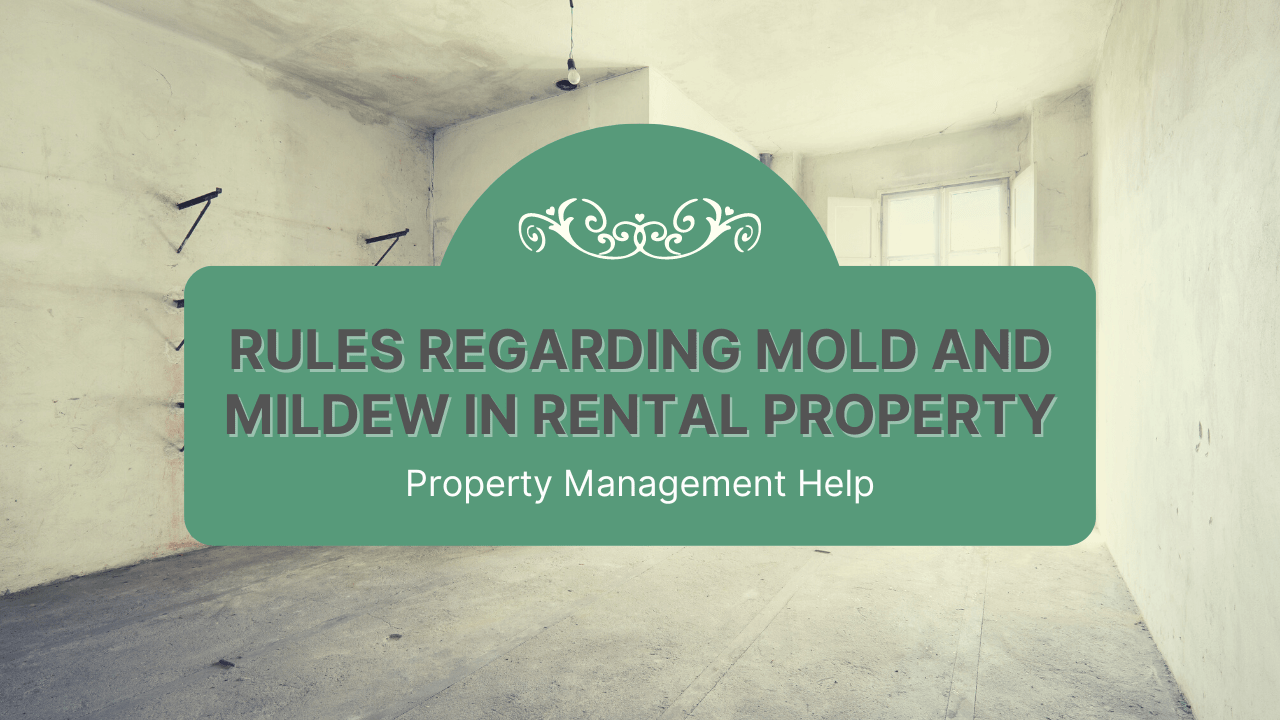DAMAGE OR WEAR AND TEAR? Security Deposits Explained by San Francisco Property Managers
Security deposit laws in San Francisco are pretty complex and extremely detailed. There’s not a lot of room for error.
Actually, there’s no room for error.
Outside of the limits to what you collect, the deadlines you need to follow in returning the deposit, and the interest that you’re required to pay on the money you hold, it’s also important to understand what you can and cannot charge the tenant’s security deposit for at the end of a lease agreement.
California rental laws say you can charge for property damage, but not for general wear and tear.
The difference isn’t always clear.
In our experience
managing rental units in San Francisco, we’ve come to learn that if there’s going to be a conflict between a tenant and a landlord during the move-out process, it’s likely going to stem from a security deposit dispute. Tenants will insist that everything is wear and tear and landlords will want to believe that anything they need to repair or replace is due to tenant damage.
You need to know what you’re looking at and even more importantly - you need to accurately document the condition of your property before and after a tenancy.
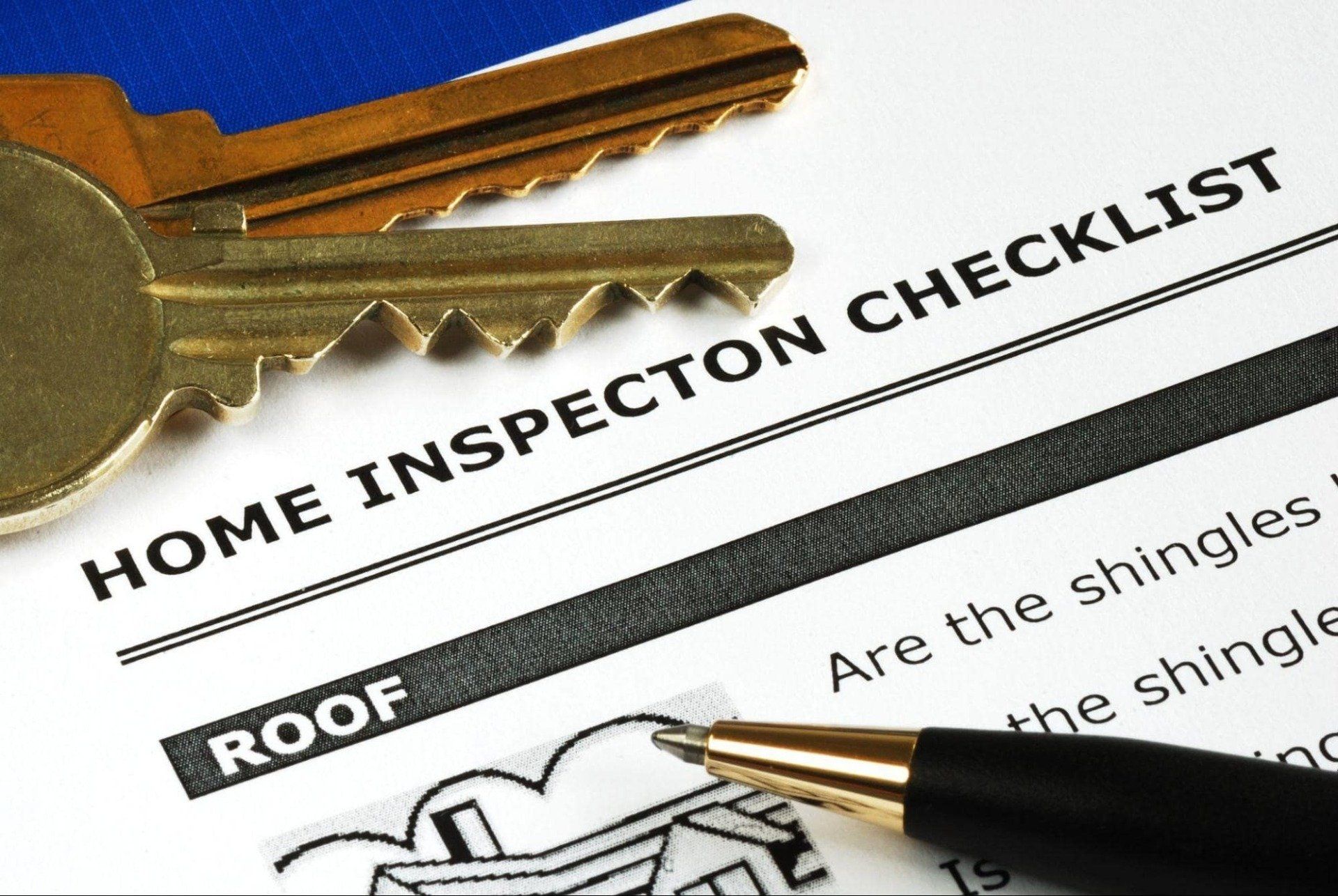
CONDUCT A THOROUGH MOVE-IN INSPECTION
Protect yourself with a thorough, detailed, and well-documented move-in inspection. Before your tenants move into your property, walk through it and take pictures of everything. Make specific notes on a checklist.
There are two reasons to conduct move-in inspections before tenants take possession of the property:
First, it’s important to make sure everything is clean and functional before the lease term begins. Tenants don’t want to move into a property that doesn’t have working appliances or is full of cosmetic problems. Provide a move-in-ready unit that’s safe, habitable, and comfortable.- Second, and perhaps most important: you’re documenting property condition, which will help you distinguish between damage and wear and tear at the end of the lease term. Notes, pictures, and videos should cover everything, including floors, walls, ceilings, doors, windows, and even the insides of the drawers. It’s essential to be detail-oriented and thorough. This is a practice that protects you and your property. It gives you a clear and objective idea of what the property looks like.
When it’s time to make security deposit decisions, you don’t want your tenant to claim that a broken window or a huge hole in the carpet was there when they moved in. By conducting a full inspection and taking all the pictures you can, it’s not possible to have these disputes and conflicts. You’ll know exactly what the property looked like because you were there and you took pictures.
1. HOW DO YOU DEFINE WEAR AND TEAR IN SAN FRANCISCO RENTAL HOMES?
You’ll need to know normal wear and tear when you see it. A single, agreed-upon definition isn’t always easy to find, but here’s how you can think about what wear and tear really is:
Normal wear and tear is the natural deterioration that happens to a property when a person lives in that property. It’s the type of thing that will happen to any home, no matter who is living in it. You can look around the home you’re living in right now, and you’ll likely see signs of wear and tear. Property owners are responsible for it because it’s expected. It’s going to happen even with the gentlest tenants.
For the purposes of
rental property, wear and tear usually will include:
Small nail holes in the wall from where a tenant might have hung pictures or mirrors or clocks.- Scuff marks on the walls or in the carpet from where furniture rested.
- Dirt in the grout or tiles.
- Worn carpet in high-traffic areas.
- Paint that has faded due to sunlight or age.
- Appliances that need repairs and replacements because they’ve been used every day.
Landlords are always responsible for these costs. They are part of the expenses that you plan on when you buy an investment home. They’re part of the turnover process.
Make sure you’re budgeting for wear and tear items during turnover periods. You cannot charge the tenant’s security deposit for these things. If you do, you’ll face some unpleasant and expensive consequences.
Keep in mind that the longer a tenant lives in your unit, the more wear and tear there is likely to be. A one-year tenancy will almost certainly have less wear and tear than a 10-year tenancy.
2. WHEN IS IT CONSIDERED DAMAGE IN YOUR SAN FRANCISCO INVESTMENT?
Property damage is different and if it’s caused by the tenant or the tenant’s guest, it’s going to be their responsibility to fix it.
Unlike wear and tear, property damage is not an expected cost when you own an investment property. The damage caused by tenants will harm the value, usefulness, or normal functioning of your rental property and its systems. In our experience, tenants don’t intentionally cause damage in their homes. But, even if it’s accidental, you still need to hold your residents accountable. This should be explicitly stated in your lease agreement.
Property damage is often the result of a tenant abuse or misuse. When kids jump on the door of a dishwasher, it’s going to break, and that’s damage. It clearly goes beyond wear and tear, and in order to use your resident’s security deposit funds to pay for it, you must be able to document that the property didn’t look like that when the tenant moved in.
Again - this is why move-in inspection reports are so critical.
Here are some examples of property damage:
Large holes in the walls or floors.- Changes to the property, such as different paint colors that were not pre-approved.
- Tears, stains, or holes in the carpet.
- Water stains on wood floors.
- Broken appliances, doors, or windows due to abuse.
- Missing or cracked bathroom tiles and mirrors.
- Writing on walls, floors, and surfaces.
When you’re withholding money from the security deposit to pay for these things, document the amount you’re spending and why. You’ll need to provide an itemized list to your tenant that explains why they are not getting the full deposit back - or any deposit at all.
3. OFFER TENANTS A PRE-MOVE OUT INSPECTION TO ELIMINATE CONFUSION
As you approach the end of the lease term, you’ll need to offer tenants a renewal. When they decide that they’re not going to renew the lease agreement and will instead move out of your unit, they’ll have to provide you with the written notice that’s required by your lease agreement.
In California, your tenant has the right to request an initial inspection before moving out. Landlords are required to provide your tenants with written notice of their right to this inspection. Not a lot of tenants will make this request; but, we’ve found that it’s actually pretty helpful to all parties when they do. You get the opportunity to discuss potential security deposit deductions with your tenants, and you also get an idea of how much work the turnover process will require.
Within a reasonable time, before the tenant vacates the premises (usually two weeks), the tenant may request that you perform an inspection to determine cleaning or repair items that should be addressed before the tenant moves out.
Work with your tenants to schedule an inspection time that’s respectful of their schedule. You’ll want to provide at least 48 hours of notice.
If you do have the opportunity to conduct this inspection with your tenant, bring your move-in checklist. Talk specifically about what deductions the tenants are looking at and if necessary, share pictures from the move-in inspection to further make your case.

Security Deposit Basics
There are lots of details to manage when the tenant has moved out and you’re reconciling the security deposit. For starters, you have 21 days to get all of it done. You need to return the deposit and any itemized lists that reflect what you withheld from the deposit within those 21 days. You also have to pay interest on the deposit. The amount is set by the Rent Board, and the rate will vary from year to year. Interest has to be paid annually, and if you haven’t been paying it annually, you need to make one larger payment within two weeks of your tenant vacating.
Penalties for security deposit mistakes are steep. If a tenant takes you to court and you’re found to have violated some part of the San Francisco security deposit law, you’ll not only have to refund the entire deposit - you’ll also have to pay up to three times the amount of that deposit in punitive damages.
SAN FRANCISCO PROPERTY MANAGEMENT SECURITY DEPOSIT SUPPORT
Security deposits make even the most experienced landlords nervous. The best way to protect yourself is to work with an expert
San Francisco property manager. At BanCal Property Management, we’ve been effectively keeping our owners and investors in compliance with all security deposit laws since 1987. We can make sure your tenants are held accountable and your rental property is protected.
To hear more about our security deposit success stories, please
contact us. We also welcome your comments, questions, and suggestions for topics you want to learn about, so please share those too. Have you encountered a security deposit issue in the past?




